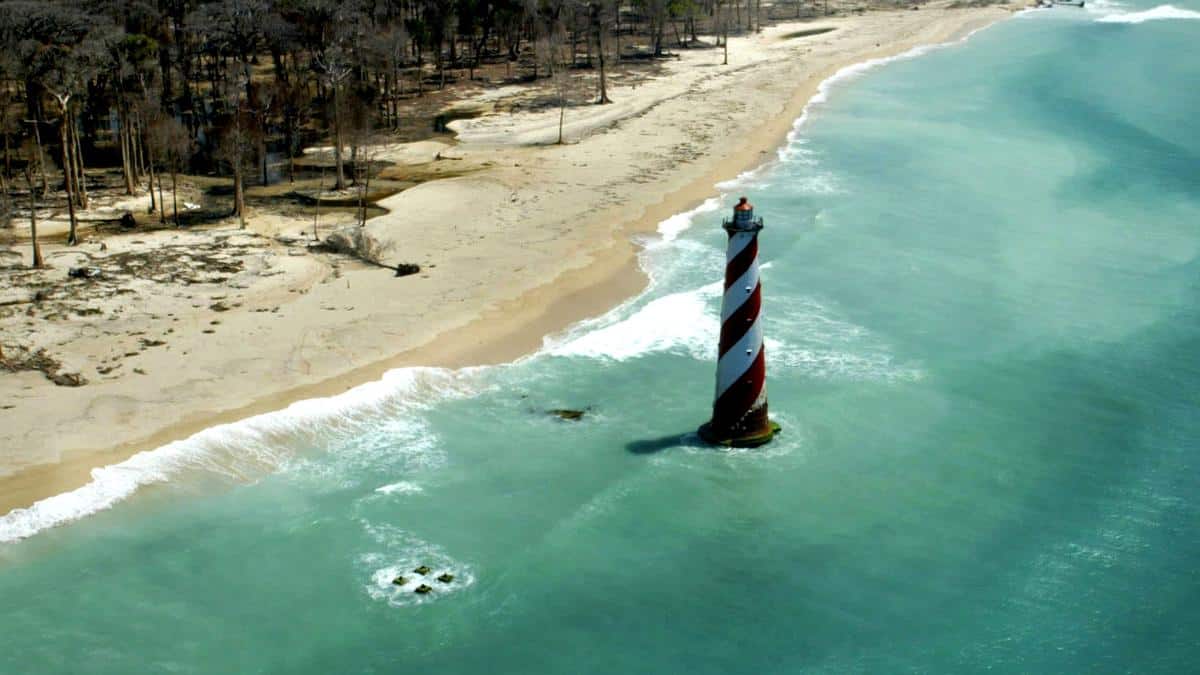Great Nicobar Island: A Vision for Development

The Great Nicobar Island, part of India’s Andaman and Nicobar archipelago, is set to undergo significant transformation. The Union Shipping Ministry has proposed an ambitious mega-infrastructure project worth ₹72,000 crore. This initiative aims to create a “global port-led city” that will attract high-end tourists and enhance the region’s economic prospects. However, the project has sparked controversy, particularly regarding environmental concerns and national security. The government has faced criticism for denying Right to Information (RTI) requests related to environmental clearances, citing security reasons. This article delves into the proposed developments, the environmental implications, and the ongoing debate surrounding the project.
Proposed Developments and Infrastructure
The proposed mega-infrastructure project for Great Nicobar Island includes several key components. Among them is an international cruise terminal designed to accommodate both domestic and international tourists. The Shipping Ministry has also requested 100 acres of land with a seafront for a shipbuilding and shipbreaking facility. Additionally, plans for an export-import port have been put forth, aiming to facilitate trade and bolster the local economy.
The project encompasses a range of developments, including an international container transshipment port at Galathea Bay, a military-civil airport, a power plant, and a sprawling greenfield township. This township will cover an area of 130 square kilometers, currently home to pristine tropical forests. The implementation of this project falls under the jurisdiction of the Andaman and Nicobar Islands Integrated Development Corporation Ltd (ANIIDCO). Initial forest clearance was granted in October 2022, followed by environmental and coastal regulation zone clearances in November 2022.
Despite the ambitious plans, there are significant concerns regarding the environmental impact of such extensive development. Critics argue that the project threatens the delicate ecosystem of Great Nicobar Island. The government has denied multiple requests for information regarding the environmental assessments, citing national security and strategic interests. This lack of transparency has raised alarms among environmentalists and local communities who fear the irreversible damage to their natural surroundings.
National Security and Environmental Concerns
The government’s refusal to disclose information about the project has been justified under Section 8(1)(a) of the Right to Information Act. This section allows for the denial of information that could compromise national sovereignty, integrity, or security. The Ministry of Home Affairs has emphasized that the proposed airport will serve dual purposes, functioning as both a military and civil facility under the operational control of the Indian Navy.
Debi Goenka, a prominent environmental activist, has criticized this rationale. He argues that while some information about the airport may be sensitive, there is no justification for withholding details about other components of the project. The ongoing denial of information has led to legal challenges, with activists seeking greater transparency regarding the environmental implications of the development.
The project has also raised questions about the long-term sustainability of Great Nicobar Island. The introduction of high-end tourism and commercial activities could lead to increased foreign presence and exploitation of natural resources. Critics warn that this shift could undermine the island’s ecological balance and disrupt the lives of local communities. The historical policy of keeping Great Nicobar isolated from foreign influence may be at risk, as the government pushes for increased accessibility and development.
Diverging Perspectives on Development
The vision for Great Nicobar Island as a “Global Port-Led City” has garnered mixed responses from various stakeholders. While the Shipping Ministry advocates for the development of a cruise terminal and shipbuilding facilities, local authorities have expressed reservations. In correspondence with the Shipping Ministry, the Chief Secretary of the Andaman and Nicobar Administration has suggested engaging specialized consultants to assess the feasibility of these proposals.
Concerns have been raised about the compatibility of ship repair activities with the envisioned tourism infrastructure. The coastline of Great Nicobar is classified under a coastal regulation zone, which poses additional challenges for such industrial activities. The reluctance of local authorities to fully endorse the Shipping Ministry’s proposals indicates a potential clash between economic ambitions and environmental preservation.
Moreover, the strategic concerns that have been cited to deny information about the project seem to contradict the very nature of the proposed developments. The introduction of shipbreaking, high-end tourism, and international trade could expose the island to risks that the government claims to protect against. As the debate continues, the future of Great Nicobar Island hangs in the balance, caught between the aspirations for development and the imperative to safeguard its unique environment.
The Great Nicobar Island project represents a complex interplay of development, environmental stewardship, and national security. As stakeholders navigate these challenges, the need for transparency and sustainable practices remains paramount. The outcome of this ambitious initiative will shape the future of the island and its communities for generations to come.
